If your heat pump suddenly stops heating, refuses to cool, or makes weird noises, you’re probably wondering what’s wrong. The good news is many issues are simple to spot and fix without a big bill. Below we break down the most common failures, give you step‑by‑step fixes, and tell you when it’s time to call a qualified technician.
Heat pumps are built to work year‑round, but they face a few stress points. The outdoor unit can get clogged with leaves, dirt, or snow, reducing airflow and making the compressor overheat. Inside, a faulty thermostat or loose electrical connection can send the wrong signals, leaving you with cold rooms in winter or a warm house in summer.
Another frequent culprit is the refrigerant level. Low refrigerant often means a leak somewhere in the system, which not only lowers performance but can damage the compressor. Finally, age matters – after 10‑15 years many parts start to wear out, and the whole unit may become inefficient.
1. No Warm Air Coming Out
Start by checking the filter and the outdoor fan. A dirty filter blocks airflow; replace or clean it in under five minutes. Next, clear any debris around the outdoor coil – a garden hose on low pressure works fine. If the fan still won’t spin, turn off power, open the unit, and look for a broken fan blade or loose wiring. Tighten any loose connections and set the fan back in place.
2. Unit Won’t Cool
Switch the system to ‘cool’ mode and listen for the compressor click. If you hear a click but no humming, the capacitor may be bad. Replacing a capacitor is a quick job for an electrician, but you can test it with a multimeter if you’re comfortable. Also, verify that the outdoor unit isn’t frozen – ice buildup indicates low refrigerant or a bad defrost timer.
3. Strange Noises
Squealing usually points to a loose belt or worn motor bearings. Open the access panel, tighten any loose bolts, and lubricate the motor shaft with a few drops of light oil. Rattling sounds often mean something is loose in the fan housing – secure any stray screws or metal clips.
4. Thermostat Won’t Communicate
Reset the thermostat by turning it off for a minute and then powering it back on. If that doesn’t help, check the wiring at both the thermostat and the indoor unit. Look for loose or corroded terminals and tighten them. A dead battery in the thermostat can also cause drop‑outs, so replace it if needed.
5. Frequent Short‑Cycling
This happens when the system turns on and off quickly. It’s often caused by an oversized unit, dirty filters, or a blocked condensate line. Clean the drain pipe with a cup of bleach and warm water, then run the system again. If short‑cycling persists, you may need a professional to adjust the refrigerant charge.
While many of these fixes are DIY‑friendly, never work on the refrigerant lines yourself – that’s a job for a certified technician. If you’ve tried the above steps and the unit still misbehaves, schedule a service call. A pro can locate hidden leaks, test pressures, and replace worn compressors safely.
Keeping your heat pump in tip‑top shape is mostly about regular maintenance. Clean the filters every 30 days, sweep away debris from the outdoor coil twice a year, and schedule a professional check‑up before the heating season starts. A little care now saves you from costly breakdowns later.
So next time your heat pump acts up, run through this checklist first. You’ll likely solve the problem yourself, avoid an emergency call, and keep your home comfortable all year long.
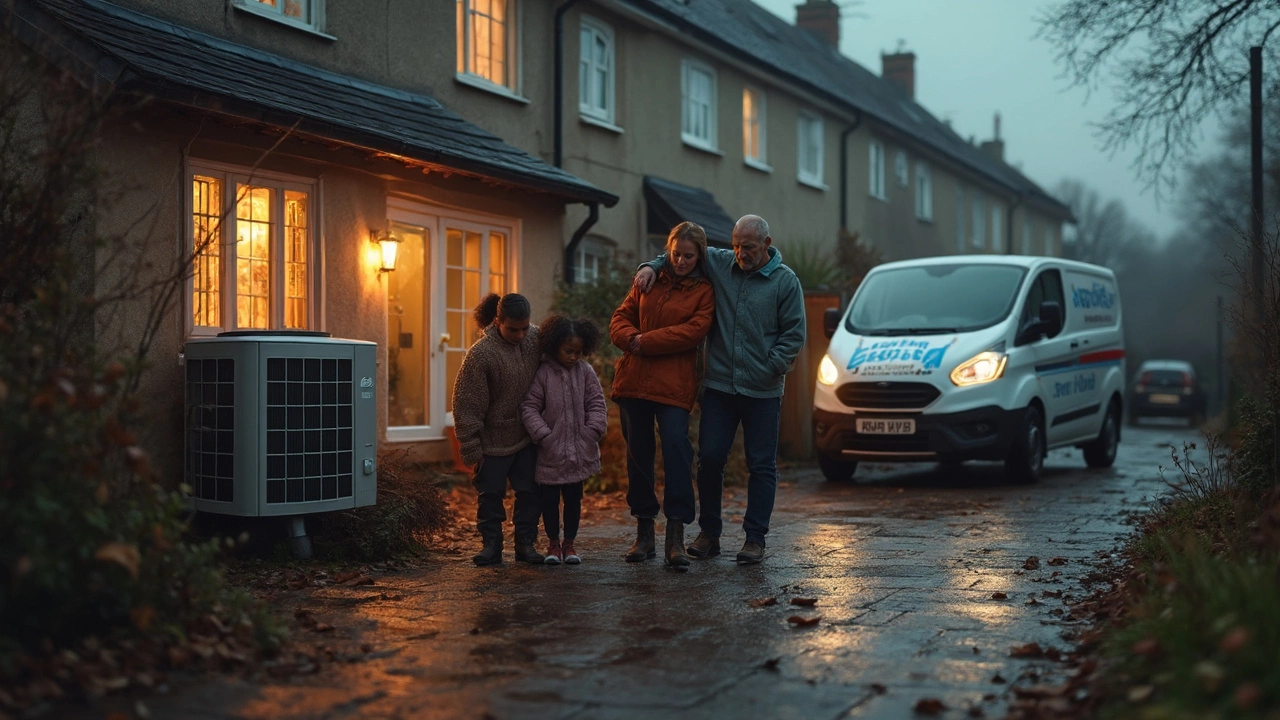
Discover what causes heat pumps to break down, the warning signs, and how to keep yours running smoothly with practical tips for any homeowner.
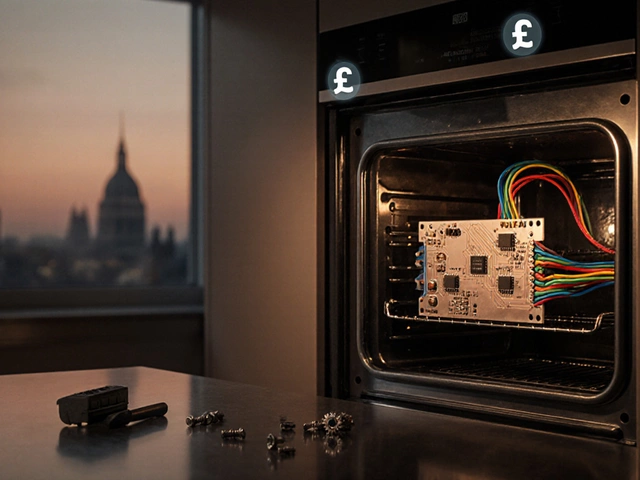
Learn the typical UK price for an oven control board, factors that affect cost, DIY steps, and when to call a professional in 2025.
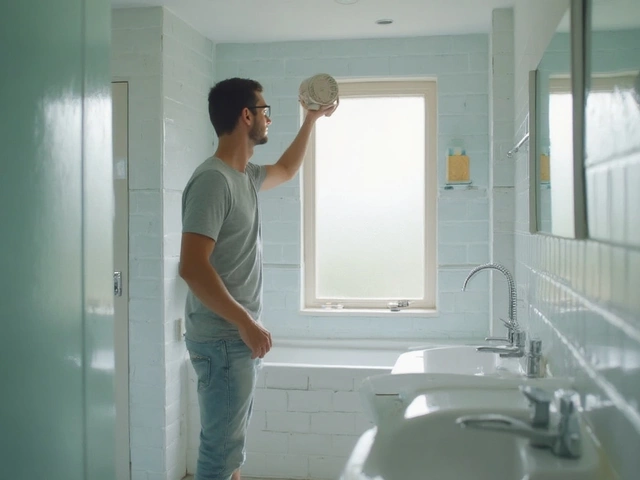
Nobody wants to deal with a stuffy bathroom or smoky kitchen, but if your extractor fan isn’t working, that’s exactly what you’ll get. This article shows you how to check if your extractor fan is doing its job or just taking up space. From simple power checks to quick airflow tests, you’ll learn hands-on methods anyone can use—no tech wizardry needed. Expect practical tips, a couple of helpful tricks, and signs that tell you when it’s time to call an expert. Don’t let stale air hang around: let’s figure out what your fan is up to.
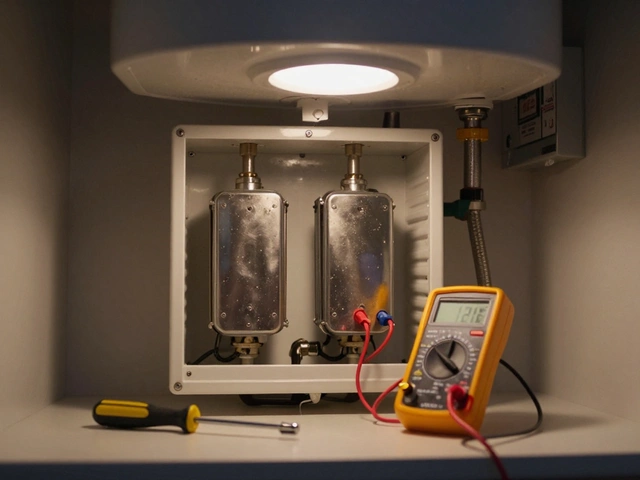
Fix a water heater producing cold water by checking the power, testing heating elements, adjusting the thermostat, flushing sediment, and replacing faulty parts like the dip tube or thermocouple. Most issues are simple DIY fixes.
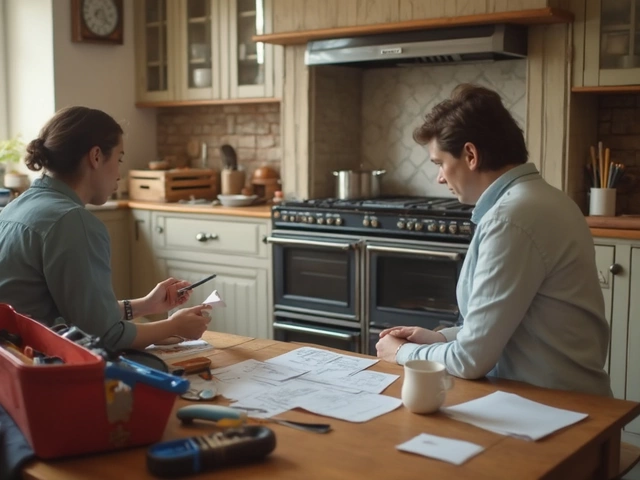
Thinking about whether to repair an 8-year-old oven? This article digs into the real costs and benefits, from repair bills to how long ovens actually last. You'll get tips on diagnosing simple issues yourself, signs to look for before calling a pro, and how energy efficiency compares between old and new models. See how warranties, brand reputation, and parts availability impact the final call. Get advice that’s practical, straight-up, and doesn’t waste your time.

When your fridge stops cooling, it can be a real worry, especially with all that food at risk. Before you call the repairman, there are a few steps you can try yourself to bring your refrigerator back to life. From checking the thermostat settings to cleaning coils and examining door seals, you might find that a simple DIY fix does wonders. Understanding how these appliances work can also help prevent future hassles. This guide will walk you through the essential tips and tricks to get your fridge cooling again.